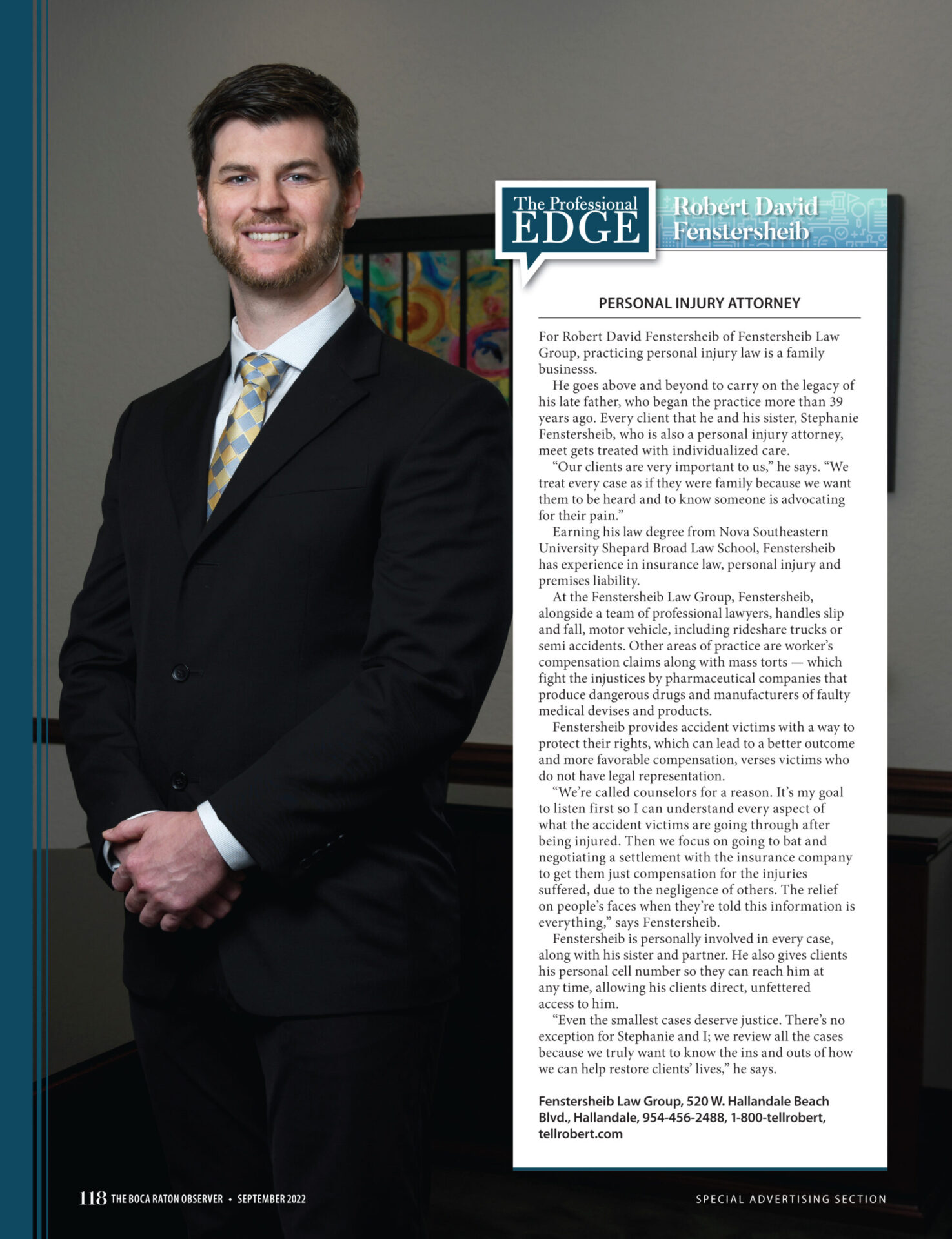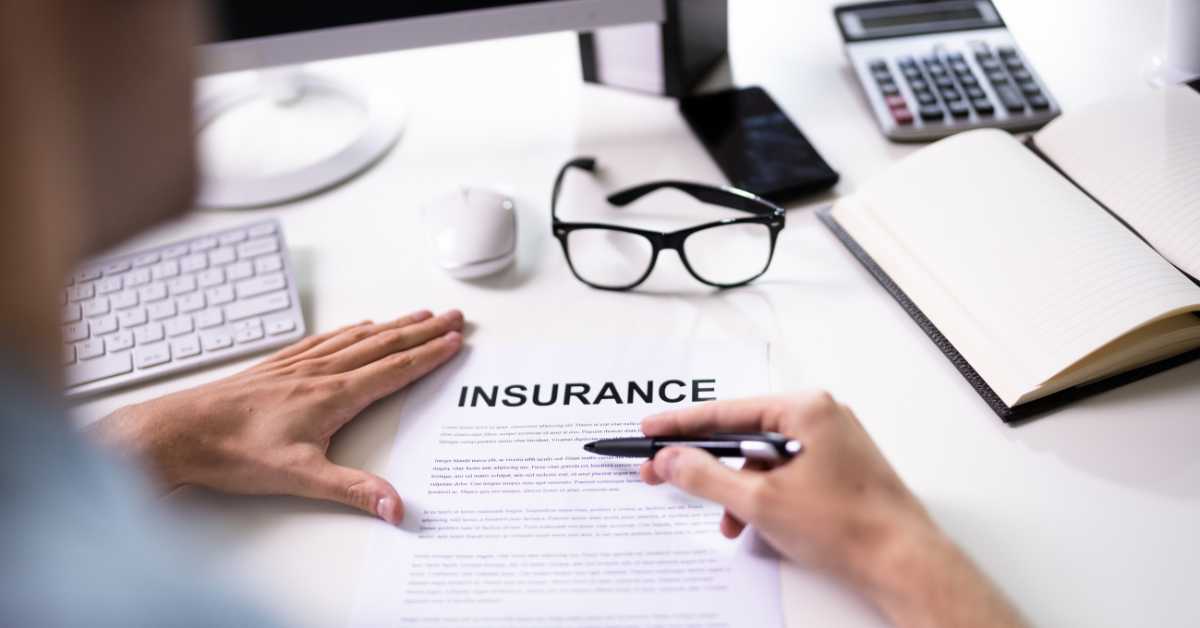
Understanding How Insurance Companies Evaluate Settlements After a car accident or personal injury, the settlement amount offered by an insurance company can make a huge difference in your recovery process. Many Florida residents are surprised by how complex that process is and how many factors play into what an insurance adjuster ultimately decides to offer. These decisions aren’t random—they’re based on specific rules, policy terms, and Florida law. Insurance companies are businesses. Their goal is to close claims efficiently and pay as little as possible while staying within the bounds of the law. Knowing how they arrive at a settlement figure helps you protect your rights and avoid accepting less than you deserve. Liability and Fault The first step in any settlement calculation is determining who was at fault for the accident. In Florida, the concept of comparative negligence plays a big role. Under Florida Statute §768.81, an injured person can still recover damages even if they share some blame for the accident, but their compensation is reduced by their percentage of fault. For example, if you were found 20% at fault in a car…Read More

Can Road Hazards Make the City Liable in Tamarac? Road hazards are a common issue for drivers in Tamarac, Florida, and they can lead to serious accidents. If you’ve encountered a dangerous pothole, a missing guardrail, or any other road hazard that has caused you injury or damage, you may be wondering if the city can be held liable. Understanding your rights and the steps you should take can be crucial in navigating these situations. This article will guide you through the process of determining liability for road hazards in Tamarac and how to pursue a claim if necessary. Understanding Liability for Road Hazards In Florida, government entities can be held liable for road hazards under certain circumstances. However, there are specific criteria that must be met: Negligence: The city must have been negligent in maintaining the roads. Notice: The city must have had actual or constructive notice of the hazard. Causation: The hazard must have caused your injury or property damage. Examples of Road Hazards Some common examples of road hazards that could lead to city liability include: Potholes that are not repaired in…Read More
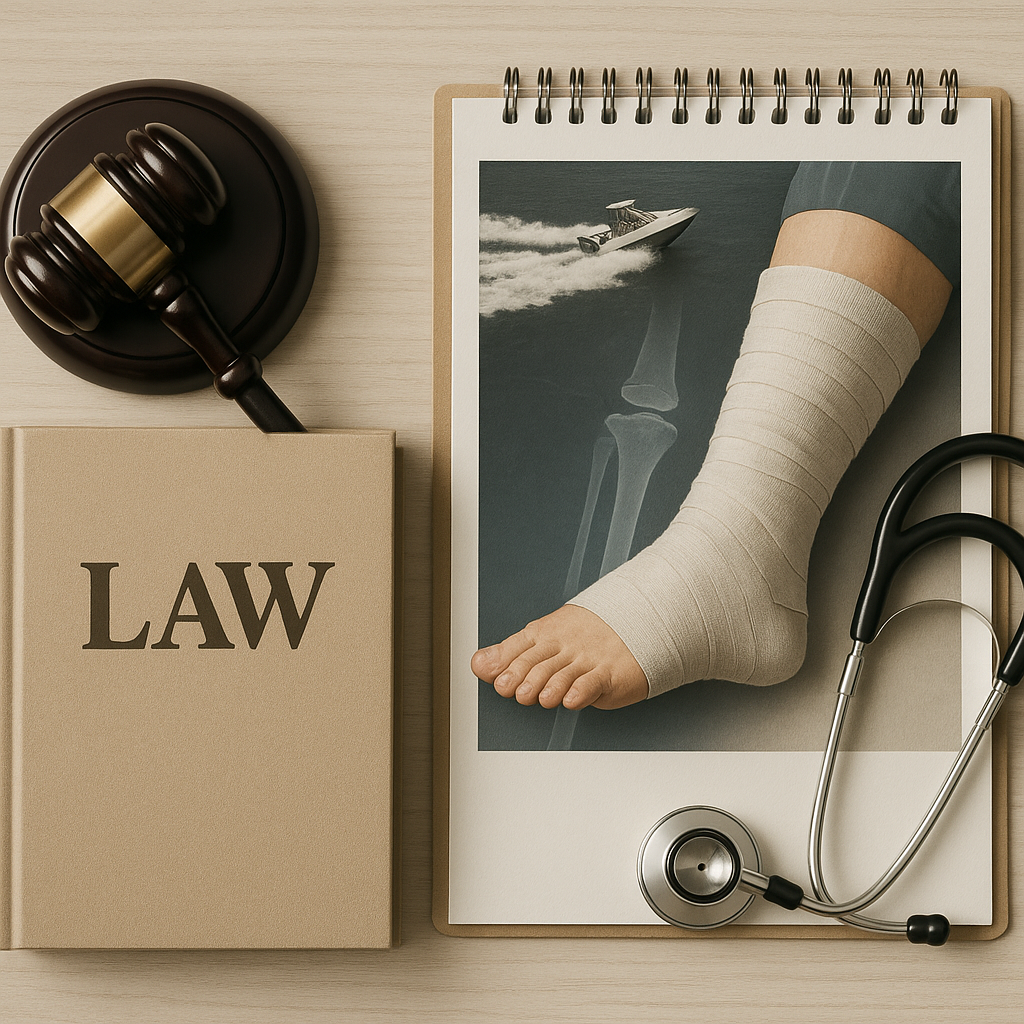
Can I File a Claim for a Boat Wake Injury in Boynton Beach? If you are a victim of a boat wake injury in Boynton Beach, you may be wondering about your legal options. Boat wakes can cause unexpected accidents, leading to serious injuries. Understanding how to navigate the claims process is crucial for getting the compensation you deserve. This guide will help clarify your rights and the steps you need to take to file a claim effectively. Understanding Boat Wake Injuries A boat wake injury typically occurs when a boat creates a large wave that can capsize smaller vessels or cause passengers to fall overboard. These injuries can happen due to: Excessive speed Inexperienced boat operators Negligence in maintaining safe distances In Boynton Beach, where boating is popular, these incidents can be more common than you might think. Knowing your rights can help you take the necessary steps if you find yourself in such a situation. Steps to File a Claim for a Boat Wake Injury Here’s a step-by-step guide to help you navigate the claims process: Seek Medical AttentionYour health is the top…Read More

Who’s Liable for a Parking Lot Crash in Lake Worth Beach? Parking lot accidents are more common than many people realize, especially in bustling areas like Lake Worth Beach. With a mix of pedestrians, vehicles, and tight spaces, the potential for accidents is high. But when a parking lot crash occurs, who is responsible? Understanding liability in these situations can be complex, but it’s crucial for protecting your rights and pursuing any compensation you may deserve. Let’s break it down. Understanding Liability in Parking Lot Accidents Liability in a parking lot accident can depend on several factors. Here are some key aspects to consider: Negligence: If a driver was acting recklessly—speeding, texting, or driving under the influence—they may be found negligent. Faulty Design: Poorly designed parking lots can contribute to accidents. If the design fails to provide adequate signage or visibility, the property owner might be liable. Maintenance Issues: Potholes, broken lights, or other hazards can lead to accidents. If the property owner neglected these issues, they could share liability. Pedestrian Behavior: Pedestrians must also exercise caution. If a pedestrian darts out without looking, they…Read More
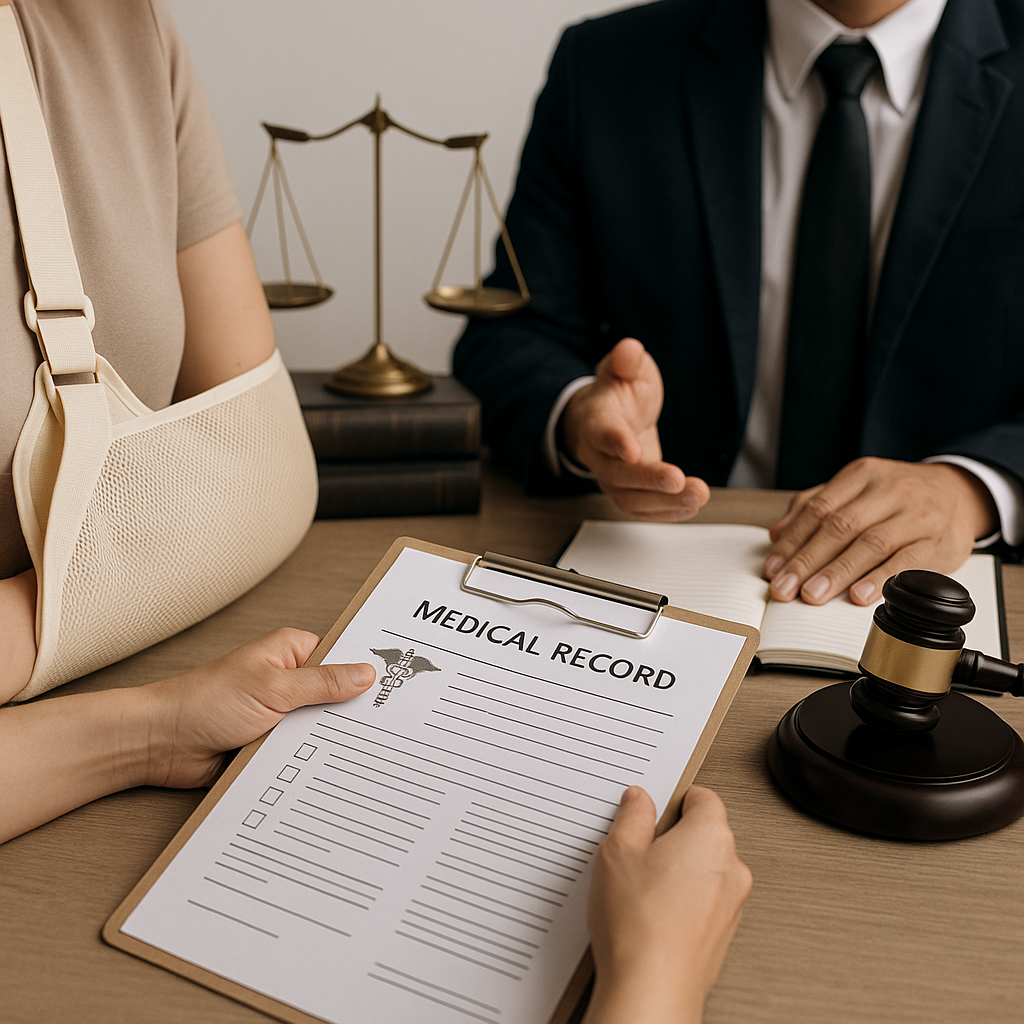
Can Pre-Existing Conditions Hurt My Dania Beach Injury Case? If you’ve been injured in an accident in Dania Beach, you might be worried that your pre-existing medical conditions could hurt your chances of receiving compensation. It’s a common concern among injury victims, but understanding how pre-existing conditions are treated in Florida can help you navigate this challenging situation. At Fenstersheib Law Group, we’re here to guide you through the process and ensure you get the compensation you deserve. Understanding Pre-Existing Conditions A pre-existing condition is any medical issue that existed before your accident. These can range from chronic illnesses to previous injuries. While it may seem like these conditions could diminish your case, the reality is more nuanced. Impact on Claims: Insurers often try to argue that pre-existing conditions are the cause of your current pain or limitations. Florida's "Eggshell Plaintiff" Rule: This legal doctrine states that you take your victim as you find them. If your injury exacerbates an existing condition, you may still be entitled to compensation. How Pre-Existing Conditions Affect Your Case Here are some ways pre-existing conditions can influence your injury…Read More
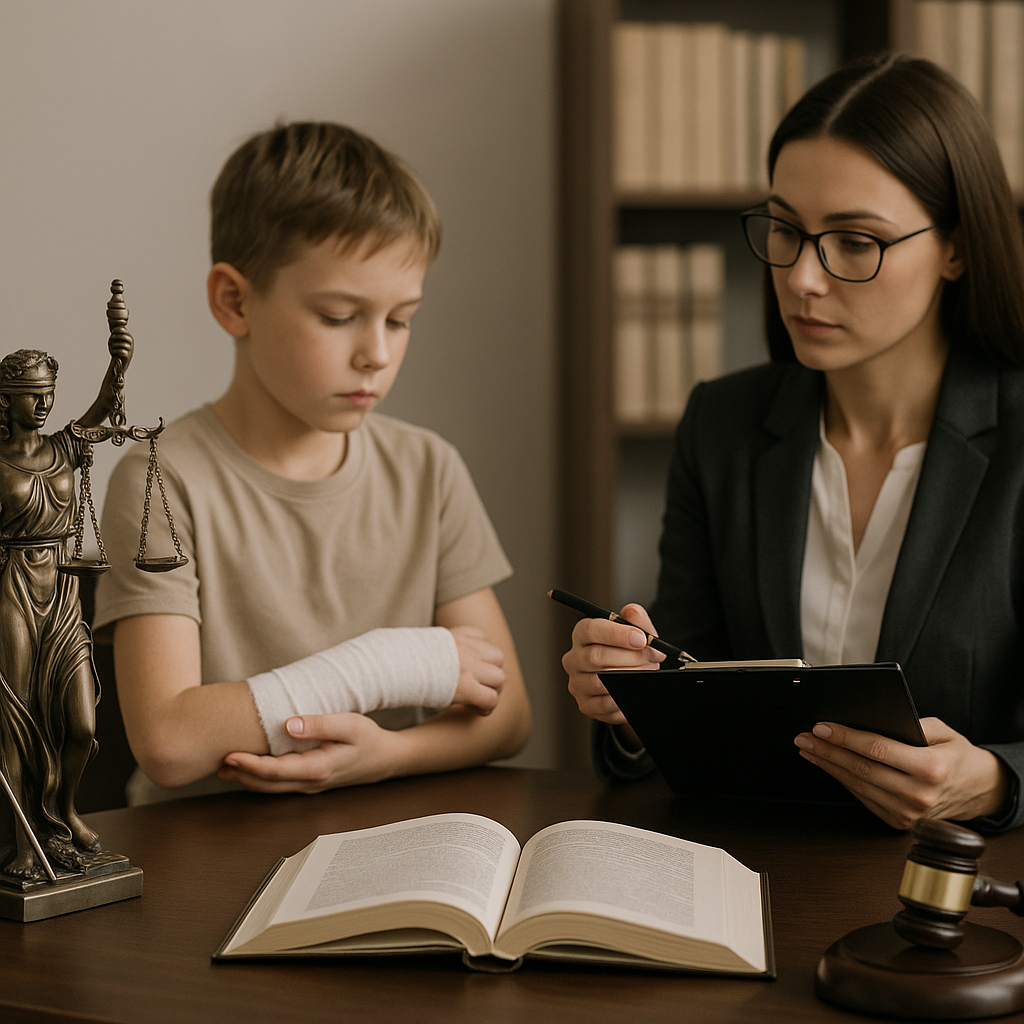
Are Children Treated Differently in Margate Dog Bite Cases or no? Dog bites can be a traumatic experience, especially for children. In Margate, Florida, understanding how the law treats dog bite cases involving children is essential for parents. Children are often more vulnerable than adults, and the legal system recognizes this in how it handles these incidents. In this post, we’ll explore the differences in how children are treated in dog bite cases, the steps parents should take if their child is bitten, and the evidence that can help build a strong case. Understanding the Legal Framework in Florida In Florida, dog owners are generally liable for injuries caused by their dogs, particularly if the dog has a history of aggressive behavior. When it comes to children, several factors come into play. The Reasonable Person Standard In dog bite cases, the law often applies the "reasonable person" standard. This means that the actions of the dog owner are judged based on what a reasonable person would have done in a similar situation. However, children are not held to the same standard as adults. Here’s…Read More
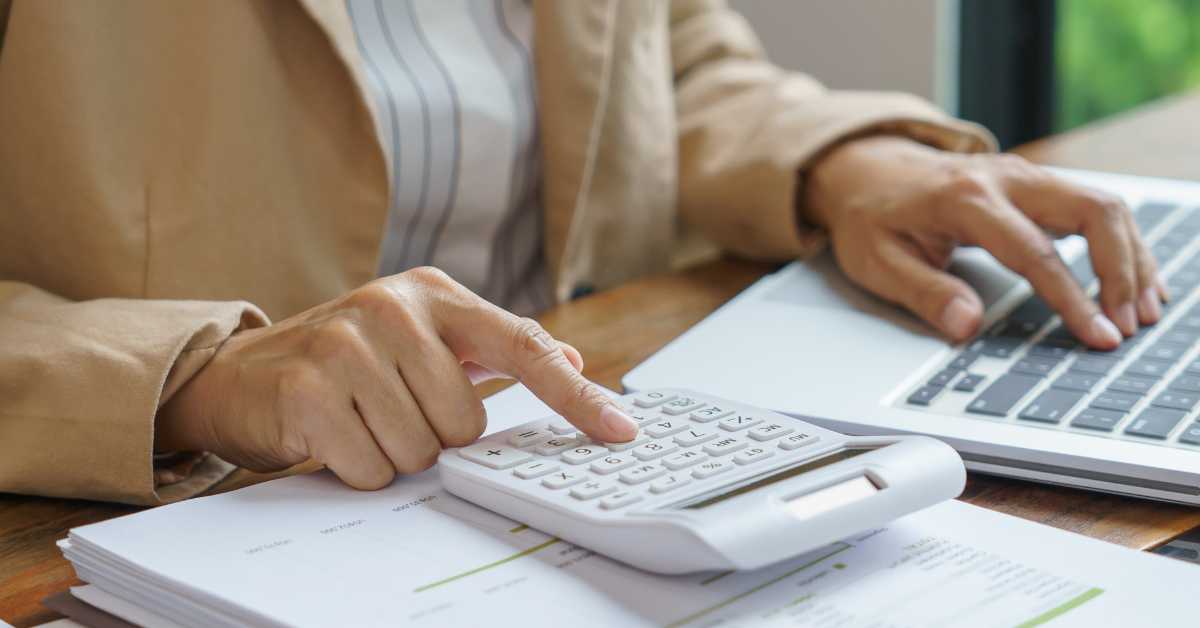
Sticker shock should not stand between you and fair compensation after a crash, so understanding truck accident attorney costs helps you plan with confidence. Most Florida injury cases run on a contingency fee, which means legal fees are a percentage of a settlement or verdict rather than coming out of your pocket. Clear fee terms, cost control, and steady updates matter. Clients who contact Fenstersheib Law Group often seek straightforward answers about percentages, case expenses, and when money changes hands, and they deserve that clarity from the outset. That is precisely what you’ll get when you contact our office. How Contingency Fees Work in Florida Under Florida ethics rules, contingency fees require a written agreement and a Statement of Client’s Rights, and a lawyer will explain those documents before you sign. No fee is owed if there is no recovery, though case expenses may arise under your contract. Your legal representative’s percentage can vary based on the case stage, disputed liability, and the size of the recovery. An attorney will outline how filing a lawsuit, engaging in intensive discovery, or going to trial can affect…Read More
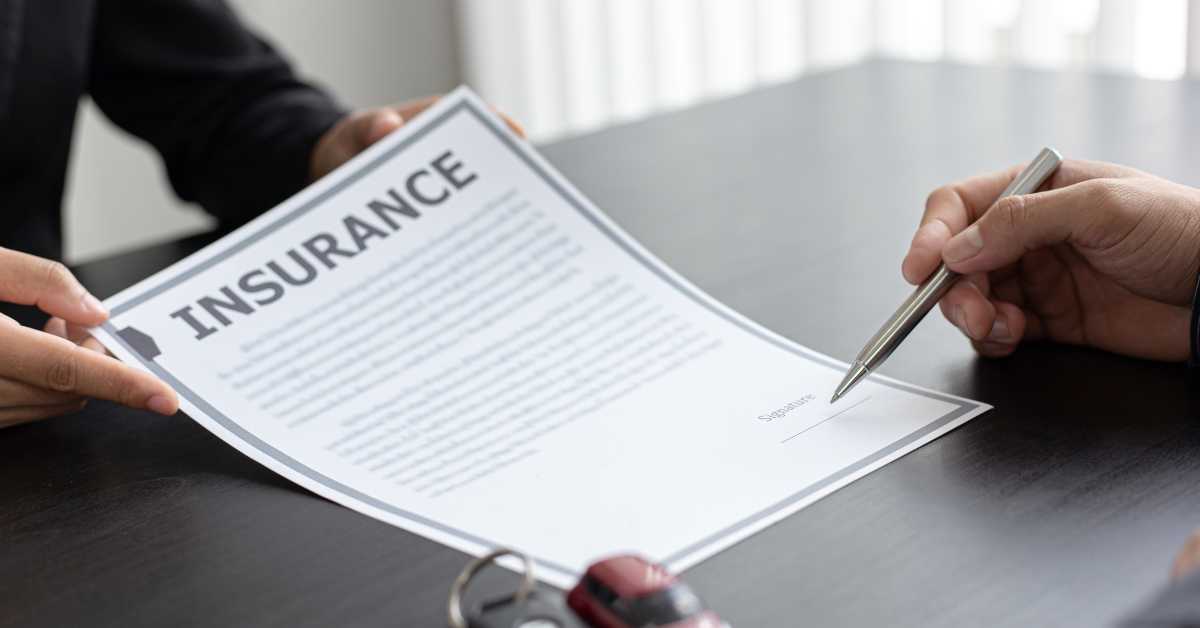
Florida drivers often feel stuck after a denied insurance claim following a car wreck, especially when medical bills and car repairs continue to accumulate. However, a denial is not the end of the road. Florida law gives you several ways to challenge an insurer’s decision and push for a fair outcome. Florida follows a no-fault system for personal injury protection (PIP). However, denials still occur due to late notice, missing documents, policy exclusions, or disputes over whether the crash caused the injury. Clear records, timely responses, and a structured appeal can change the result. An attorney with Fenstersheib Law Group, P.A. can help you appeal the insurer’s decision and work to obtain every dollar you deserve. Why Florida Insurers Deny Auto Claims Insurers commonly cite late reporting, gaps in treatment, alleged pre-existing conditions, or policy exclusions as reasons for denying coverage. PIP rules require prompt treatment and proper coding, and adjusters will scrutinize imaging and therapy notes for consistency. A concise paper trail makes it harder to dismiss valid losses. Florida law also regulates claim handling. Unfair claim settlement practices are prohibited, and carriers must…Read More
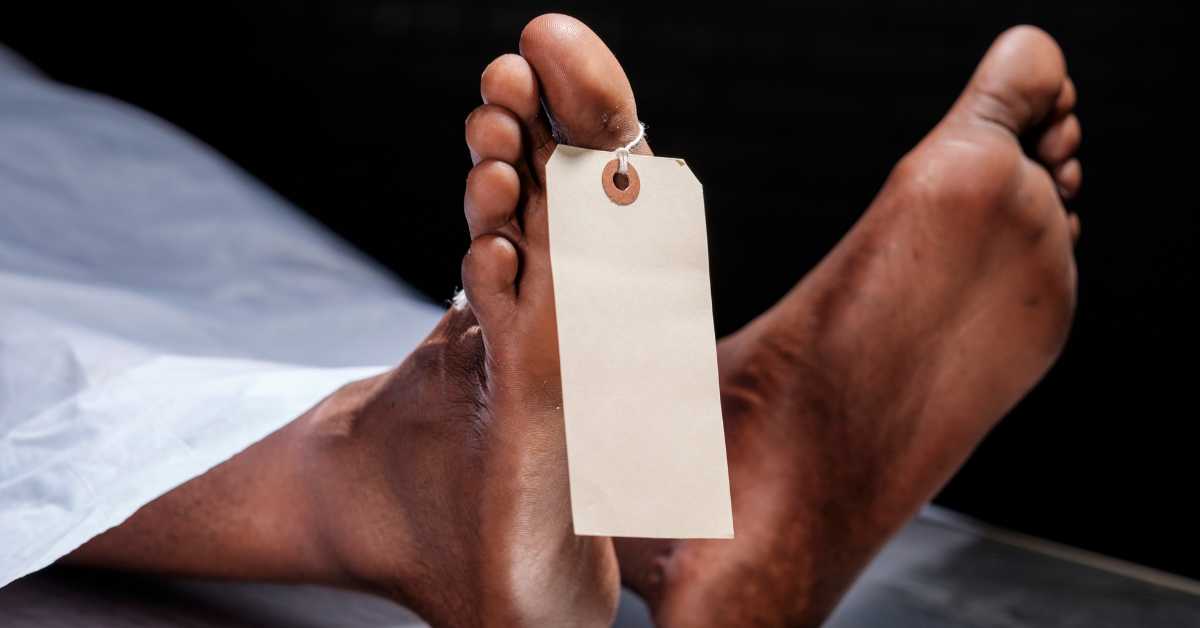
Grief does not run on a schedule, but Florida’s law does. If you are considering a Florida wrongful death claim, timing plays a crucial role in determining what is possible. The clock can run fast, and different rules apply depending on how the death happened and who may be responsible. Urgency matters because evidence deteriorates over time, and legal deadlines are strict. A Florida wrongful death lawyer with Fenstersheib Law Group, P.A. will map deadlines on day one, preserve records, and keep the case on pace so time does not undercut proof. Our team is waiting to hear from you so we can get to work on your case. How Long Do You Have to File a Florida Wrongful Death Claim? Florida’s general rule gives two years from the date of death to file a wrongful death lawsuit. That deadline sits in Florida’s limitations statute and applies to most cases. Medical-related deaths follow the same two-year outside limit, but Florida’s medical negligence statute adds discovery and repose rules. In plain terms, the filing window can hinge on when the injury became known, while a separate…Read More

Many people ask, “Should I hire an attorney?” after an injury claim begins. Insurance adjusters may seem helpful, but their primary goal is to pay as little as possible. Fair value arises from the combination of proof, procedure, and leverage. A lawyer will take the lead on gathering evidence, managing deadlines, and communicating with parties. They will turn scattered facts into a claim that stands up when challenged. Please don’t hesitate to speak with Fenstersheib Law Group, P.A. Our Florida car accident attorneys can explain why anyone injured in a crash should hire an attorney. Our team is standing by to tell you more. A Skilled Car Accident Lawyer Knows How to Prove Negligence If you can’t prove the negligent party caused your injury, you can’t win your case. An experienced lawyer knows how to gather the records that matter: contract terms, traffic-control data, vehicle black-box or phone logs, repair estimates, and treating-physician notes. Each item helps answer what happened, why it happened, and how it harmed you. They will add photographs, property-damage assessments, and incident histories for the location or company involved, creating a…Read More


